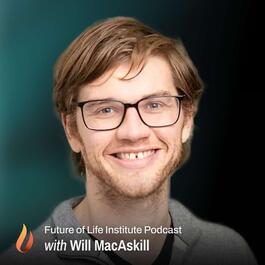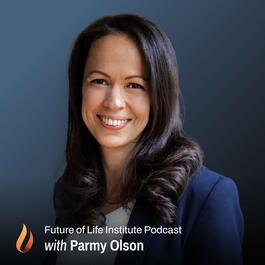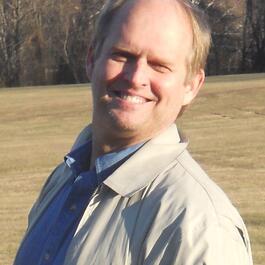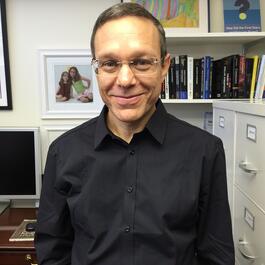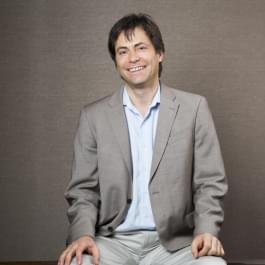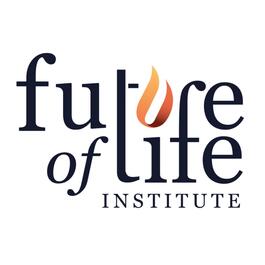
Future of Life Institute Podcast
The Future of Life Institute (FLI) is a nonprofit working to reduce global catastrophic and existential risk from powerful technologies. In particular, FLI focuses on risks from artificial intelligence (AI), biotechnology, nuclear weapons and climate change. The Institute's work is made up of three main strands: grantmaking for risk reduction, educational outreach, and advocacy within the United Nations, US government and European Union institutions. FLI has become one of the world's leading voices on the governance of AI having created one of the earliest and most influential sets of governance principles: the Asilomar AI Principles.
Show episodes
Tyler Johnston is Executive Director of the Midas Project. He joins the podcast to discuss AI transparency and accountability. We explore applying animal rights watchdog tactics to AI companies, the OpenAI Files investigation, and OpenAI's subpoenas against nonprofit critics. Tyler discusses why transparency is crucial
William MacAskill is a senior research fellow at Forethought. He joins the podcast to discuss his Better Futures essay series. We explore moral error risks, AI character design, space governance, and persistent path dependence. The conversation also covers risk-averse AI systems, moral trade between value systems, and
Karl Koch is founder of the AI Whistleblower Initiative. He joins the podcast to discuss transparency and protections for AI insiders who spot safety risks. We explore current company policies, legal gaps, how to evaluate disclosure decisions, and whistleblowing as a backstop when oversight fails. The conversation cove
Maya Ackerman is an AI researcher, co-founder and CEO of WaveAI, and author of the book "Creative Machines: AI, Art & Us." She joins the podcast to discuss creativity in humans and machines. We explore defining creativity as novel and valuable output, why evolution qualifies as creative, and how AI alignment can reduce
Parmy Olson is a technology columnist at Bloomberg and the author of Supremacy, which won the 2024 Financial Times Business Book of the Year. She joins the podcast to discuss the transformation of AI companies from research labs to product businesses. We explore how funding pressures have changed company missions, the
Adam Gleave is co-founder and CEO of FAR.AI. In this cross-post from The Cognitive Revolution Podcast, he joins to discuss post-AGI scenarios and AI safety challenges. The conversation explores his three-tier framework for AI capabilities, gradual disempowerment concerns, defense-in-depth security, and research on trai
